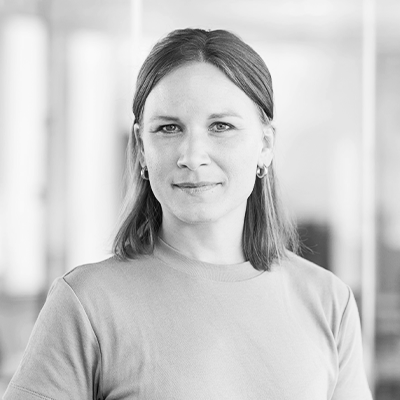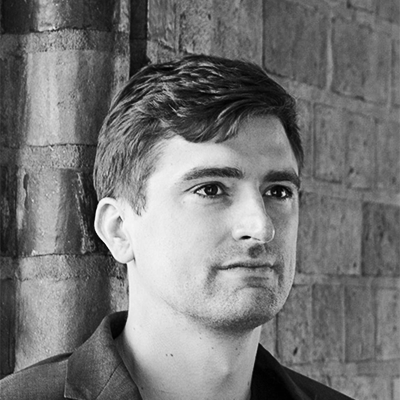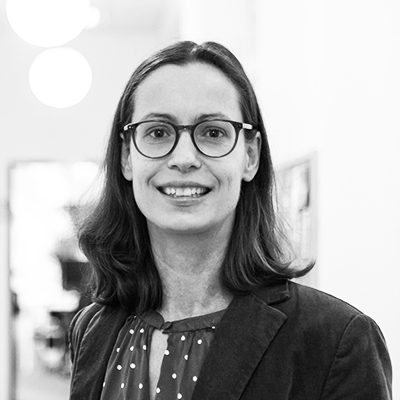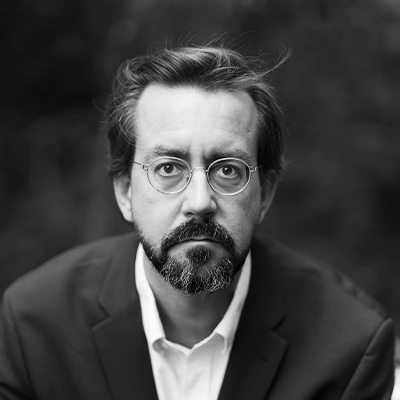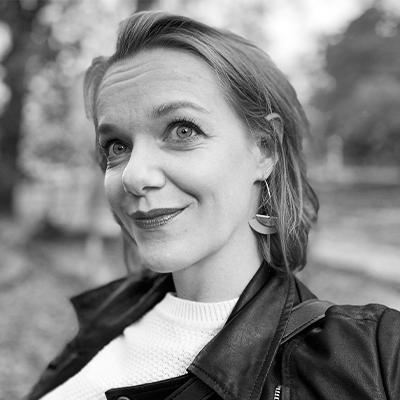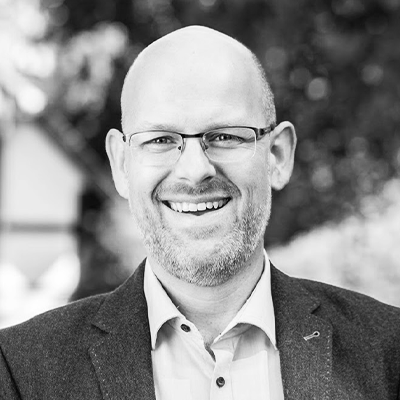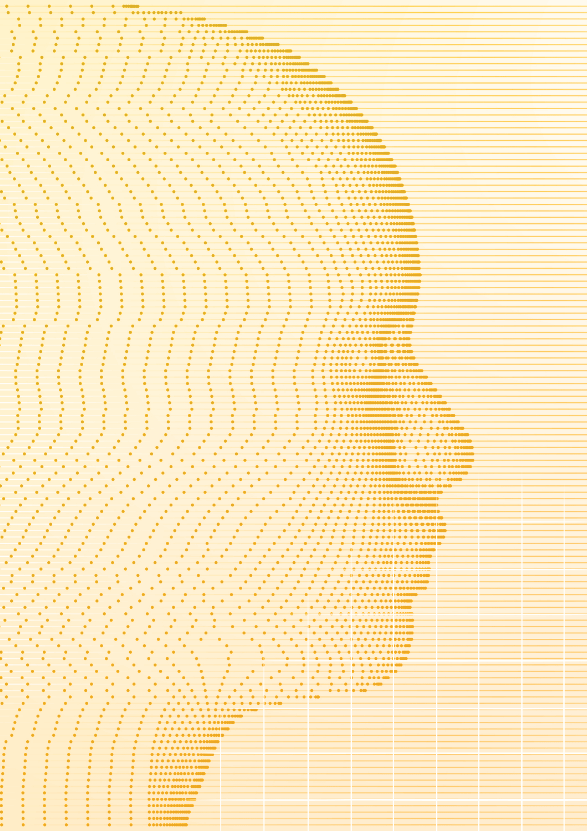Visions
How will digital technologies transform democracy in the coming years?
How can we make policymaking today more future-oriented?
Politics need to focus on the challenges of the future. This is the only way that they can remain sustainable and operational. Together with leading experts, we develop scenarios, derive recommendations for policymakers and subsequently engage in an exchange with decision-makers.
In January 2024, we will publish four scenarios from our foresight process here – stay tuned!

Fellows and experts
Fellow / DigitalService
Fellow / Auswärtiges Amt (Federal Foreign Office) Germany
Fellow / Responsible Technology Hub
Fellow / Presse- und Informationsamt der Bundesregierung
Fellow / JoinPolitics
Fellow / pluralism
Fellow / Open Knowledge Foundation Deutschland e.V.
Fellow / Max Planck Institute for Human Development
Fellow / Reporters Without Borders (RSF) Germany
Fellow / DER SPIEGEL und University of Hamburg
Fellow / CORRECTIV
Fellow / Universität Erfurt
Facilitator / Foresight Intelligence
Facilitator / Foresight Intelligence
Internal Expert / Upgrade Democracy, Bertelsmann Stiftung
Internal Expert / Upgrade Democracy, Bertelsmann Stiftung
Internal Expert / Upgrade Democracy, Bertelsmann Stiftung
So what’s it all about?
The future of the digital public sphere and the challenges for democracy.
What we observe in policy-making around the topics of digital technology and democracy currently, is a lack of orientation and capacity to act: political decision-makers are chasing digital technological developments and reacting to challenges instead of shaping potential and resilience.
We need to take a look at the opportunities and chances that present themselves. Ideas and visions are needed that can act as impulses for politics and thereby expand the scope of action for political decision-makers. Foresight as a structured method is one possibility for exploring such future scenarios. And we dare to do so. After all, if one wants to actively shape the next 10-15 years, one has to engage in thought experiments.
Together with 12 Fellows from the fields of technology, media, politics, research and civil society, we are taking a look at how digital technologies could shape or transform the democratic public sphere in the next 10 to 15 years.
Results
Together with an interdisciplinary group of experts, we embarked on a thought experiment and explored how digital technologies could change the democratic public sphere in the next 10 to 15 years. The results of this comprehensive foresight process can be accessed through our policy brief:
- Download
The policy brief contains our reflection on the results against the background of possible options for action for political decision-makers.
Technology trends
Digitalisation is changing society and democracy. This finding seems indisputable – but also ambiguous. Because what does that mean in concrete terms? Digital technologies have undoubtedly changed the way in which people communicate. Today, we can access information faster and more comprehensively than just a few years ago, and we network across national borders and continents.
- 17.04.2024
- 10.04.2024
- 03.04.2024
- Visions
Analytical Artificial Intelligence and Representation
27.03.2024 - Visions
Generative Artificial Intelligence and Political Will-Formation
20.03.2024
